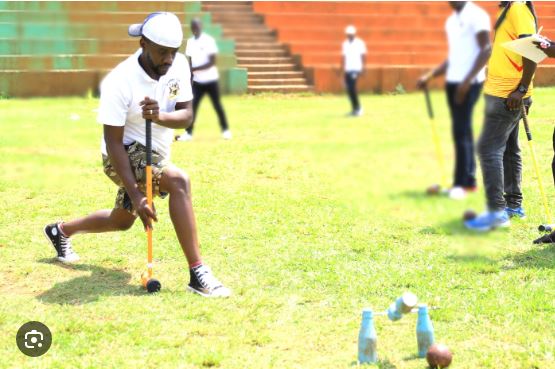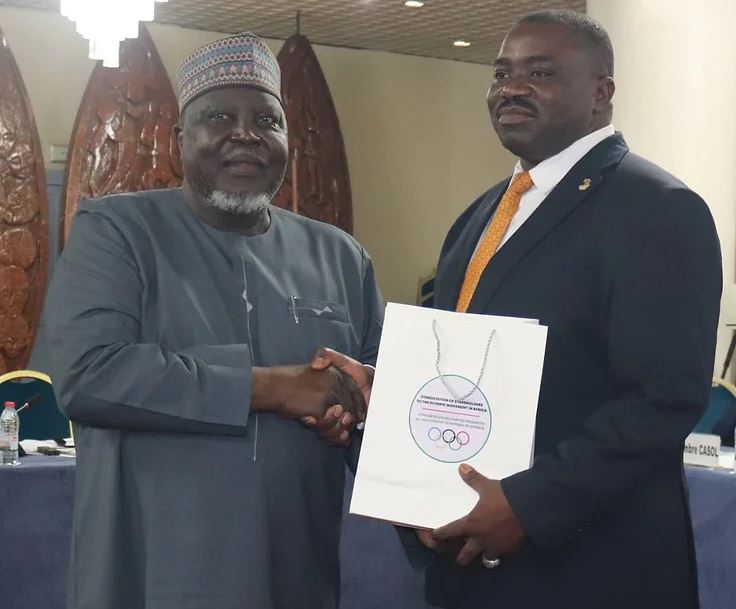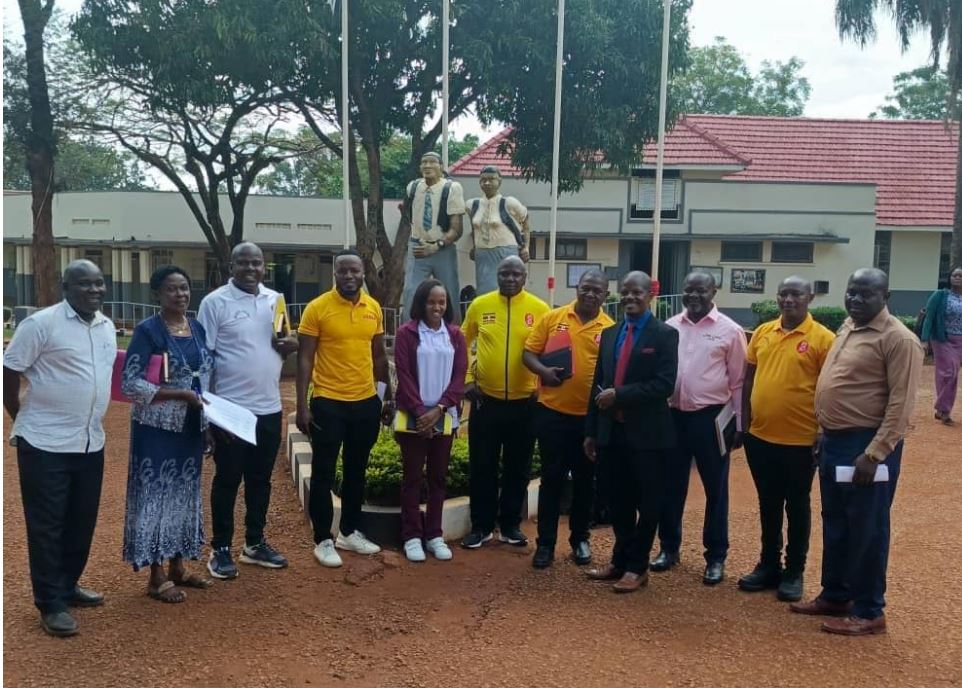
Opinion: Courts of law are the only option left to restore sanity and transparency in Ugandan Netball
- FEATUREDOPINION
- October 9, 2024
- No Comment
By Emmanuel Sekago
As Uganda’s netball community faces escalating governance challenges, it has become c lear that the courts are now the only avenue through which transparency and fairness might be restored.
The recent legal action taken by netball stakeholders to halt the election process is a necessary move to safeguard the integrity of the sport.
The Uganda Netball Federation was suspended from its duties by the National Council of Sports (NCS) in October last year due to governance issues.
The subsequent appointment of a normalization committee, led by Mr. Moses Mwase, was intended to resolve these issues and guide the federation toward stability.

Unfortunately, instead of bringing about unity, the committee’s actions have further fractured the netball community.
The breaking point came on September 21, 2024, when the committee blocked district delegates and Media from participating in an Extra-Ordinary Assembly which was held at Lugogo MTN Arena attended by provisional members instead.
This exclusion of district representatives—a significant part of the netball community—has raised red flags about the transparency of the committee’s operations.
Stakeholders from across the country were quick to voice their discontent, feeling that the normalization committee is overstepping its mandate and effectively alienating key contributors to the sport.
The normalization committee’s actions have cast doubt on its commitment to its mission, which was never to create a new netball governing body, but rather to address and resolve existing issues.
The decision to proceed with elections scheduled for October 26th, without first resolving these underlying grievances, only exacerbates the discontent felt by stakeholders.
Multiple petitions to the committee, the government, and the Parliament of Uganda have gone unanswered. This lack of responsiveness has forced district members to take legal action as a last resort.
At this juncture, the courts hold the key to ensuring a fair and impartial resolution. By intervening in the election process, the judiciary can ensure that all stakeholders are given a voice and that due process is followed.
The court’s involvement represents an opportunity for the netball community to regain faith in a system that has so far failed to address their concerns. If the court grants an injunction, the normalization committee will have no choice but to pause, reassess, and genuinely address the core issues.
It is disappointing that netball, a sport that has brought Uganda national pride, is embroiled in such turmoil. However, this court petition is not merely about elections; it is a fight for the future of the sport.
The normalization committee’s performance has proven insufficient in addressing the pressing governance issues, and the government bodies responsible for overseeing sports have yet to step in meaningfully.
If the authorities are unable or unwilling to step in, then the courts must fulfill their role as the ultimate arbiters of justice.
The outcome of this court case will be a pivotal moment for Ugandan netball. A ruling in favor of the petitioners would delay the elections, but it would also provide an opportunity for a more inclusive and representative approach to netball governance.
This legal action is about ensuring that the elections are more than just a formality—they must be a transparent and fair process that respects the rights of all involved.
If Uganda’s netball stakeholders wish to build a sport that is respected both locally and internationally, the restoration of governance structures cannot be rushed.
Transparency, accountability, and inclusivity must form the foundation of any new administration. A court intervention is not a setback; rather, it is an essential step toward ensuring that netball in Uganda is governed with integrity and that the voices of grassroots stakeholders are not only heard but respected.
In conclusion, the courts must step in to restore sanity and transparency in Ugandan netball. Only through an impartial and thorough judicial process can the sport move forward, ensuring that the normalization committee, the federation, and all stakeholders are held to the standards necessary for sustainable growth and development.
The outcome of this petition will not only determine the timing of the elections but will also serve as a testament to the strength of Uganda’s commitment to fair governance in sports.





